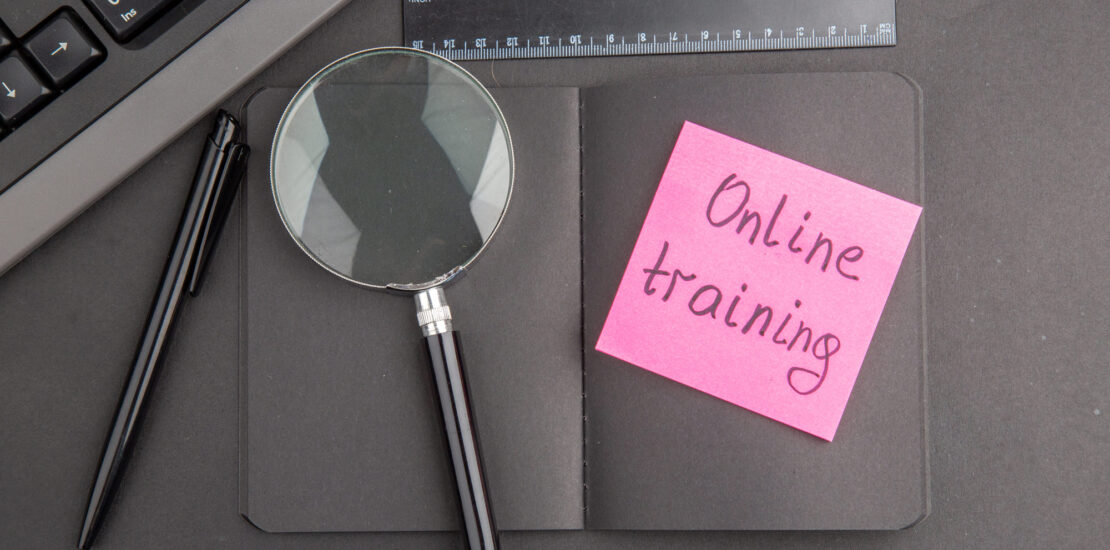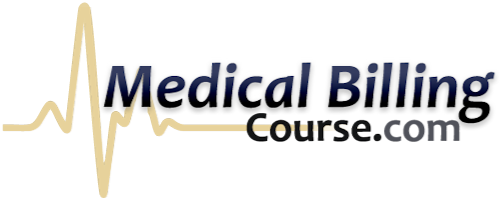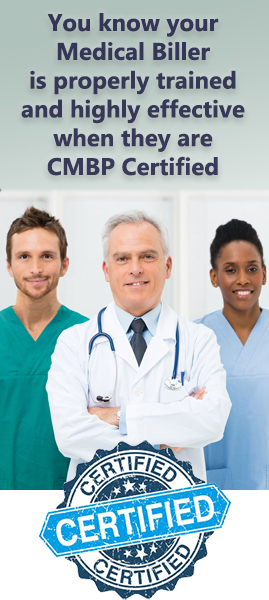- 10/14/2024
- Posted by: Medical Billing Course
- Category: Medical Billing Course

The healthcare industry is highly regulated, requiring healthcare organizations to meticulously maintain records and strictly adhere to protocols when processing patient service transactions and payments. This revenue cycle management process, also known as medical billing, involves tracking and managing patient information, insurance claims, and payment transactions. Our Medical Billing Training program can prepare you with everything you need to know to thrive as a Certified Medical Billing Professional (CMBP).
What does a medical billing training program typically cover?
Medical biller training is crucial for healthcare organizations to maintain financial stability. This training covers the entire medical billing process, including understanding different insurance providers, accurately coding and documenting services, and comprehending patient payment options. Without a well-trained medical billing department operating at peak efficiency, healthcare providers risk losing money and potentially having to shut down entirely. Given the vital role of medical billing, individuals must recognize its importance and seek out comprehensive training programs, such as our Medical Billing Program 2 with Home Business Modules, to develop the necessary skills.
Comprehensive medical biller training is essential for ensuring accurate billing and reimbursement processes in healthcare settings. Here’s why:
Prompt and accurate medical billing is essential for healthcare providers to receive timely payment for their services. Without reliable billing processes, healthcare workers would struggle to sustain themselves financially. A skilled medical billing company can handle insurance claims on behalf of providers, ensuring patients receive prompt reimbursements for billed services.
To facilitate this, medical billers must have a comprehensive understanding of the correct diagnostic codes associated with each service. For instance, a patient may be unsure which insurance provider to select. By matching the patient’s diagnosis to the specific requirements of different insurance plans, medical billers can choose the appropriate provider and secure payment. This expertise allows healthcare providers to receive the compensation they have earned from insurance companies.
Becoming a Medical Biller: The Essential Steps and Requirements.
To succeed as a medical biller, you’ll need to be organized, detail-oriented, and able to work well under pressure. These skills are crucial, as billing must be done promptly – any delays can lead to patients not understanding the payment process or providers losing money. While a high school diploma or GED is the only formal education requirement, a background in accounting and customer service is beneficial. To get started, you’ll need to complete a medical billing training program, which will teach you the ins and outs of the field and prepare you for the Certified Medical Billing Professional certification. This credential can help you stand out and thrive in this growing, lucrative industry.
Identifying the Ideal Medical Billing Courses for Your Needs
Aspiring medical billers must complete comprehensive training to succeed in this role. Our Medical Billing Program 1 equips students with essential skills, such as understanding insurance company processes, proficient coding practices, and effectively managing financial transactions – topics that are crucial for thriving as a medical biller. While multiple training options exist, this program is the top choice among our students.
Pursuing medical billing training is an excellent pathway to enter the healthcare industry and develop in-demand skills that can positively impact people’s lives. As the population grows and the need for healthcare services rises, the demand for qualified medical billers is expected to surge in the coming years. If you are interested in a rewarding career as a medical biller, now is an ideal time to start preparing.

